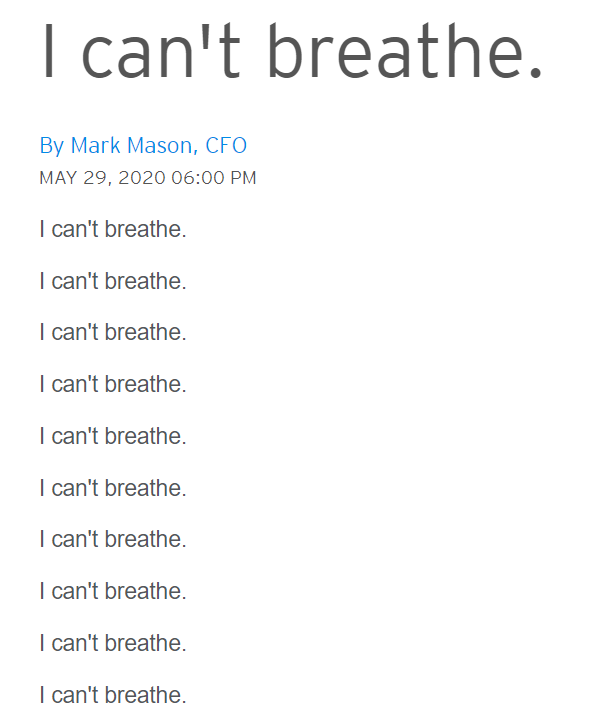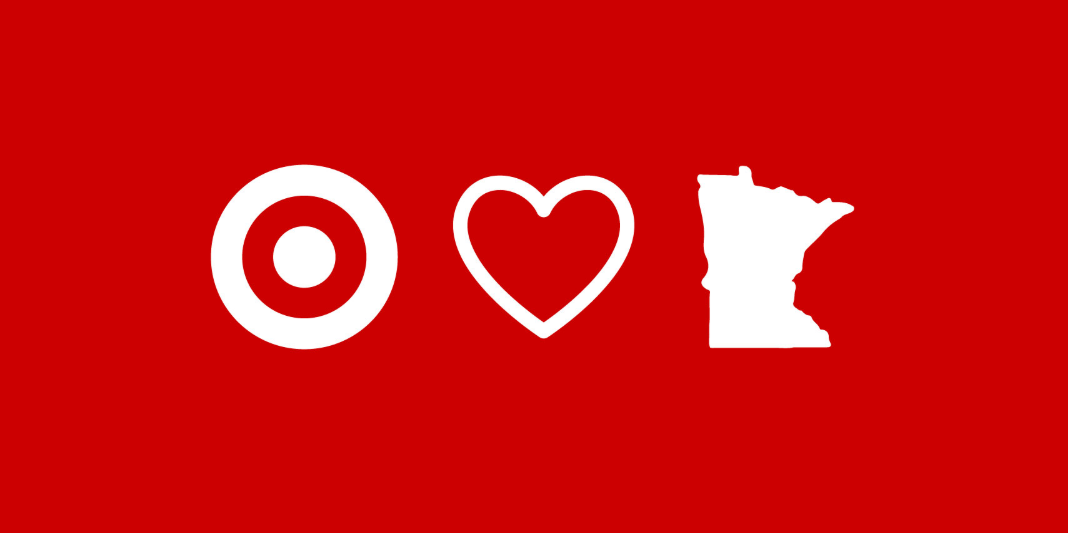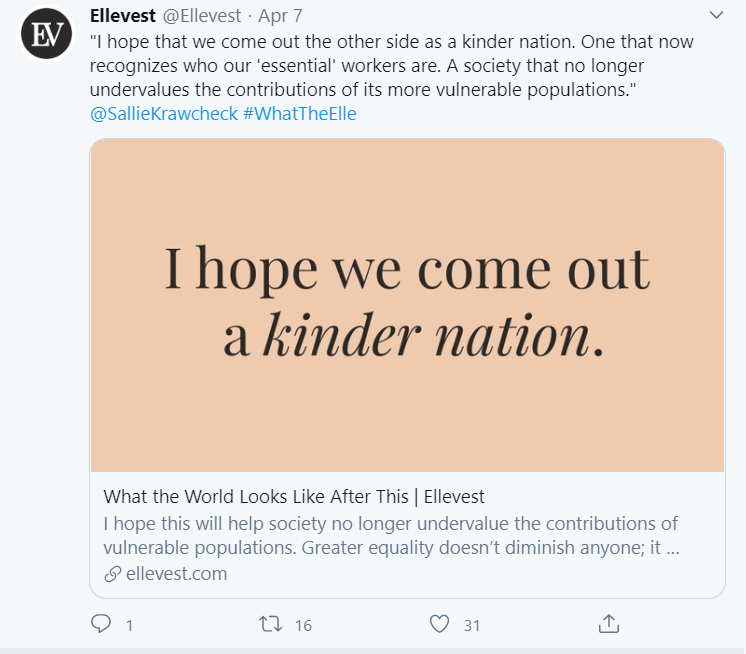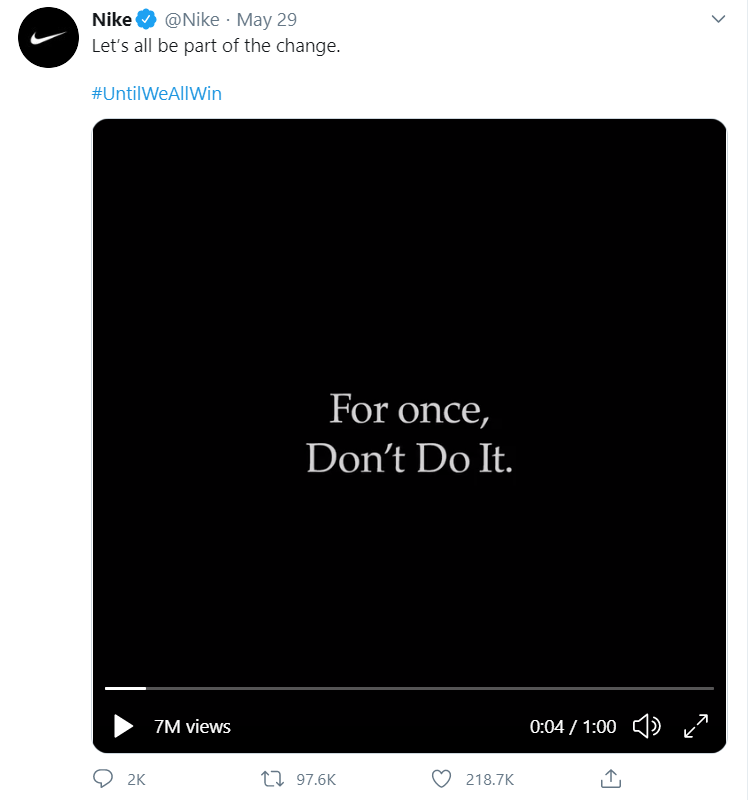Amidst national unrest and protests, brands speak up
As anti-racism protests erupt across the US, some expected and unexpected companies are taking a stance. Though brands’ responses to George Floyd’s death—and the larger problem of racism—were swift, they were not broad. But those brands that did speak spoke loudly and directly.
In the May 29 edition of its “What the Elle” newsletter, Ellevest linked to anti-racism resources. Ellevest’s recent newsletter keeps with the company’s tone of empowerment, which the company foregrounds in a pinned tweet.
By speaking up about their personal values and condemning racism, executives near and far established their corporate response.
Letters from executives at Citi and Target were among the strongest, with no minced words about the racism and structural inequality that persist in the US. While other major financial services companies sent memos to employees, Citi stood out for taking a more public stand.


Nike encouraged consumers to take action. In a video reminiscent of Uber’s “Thank you for not riding,” Nike flipped its tagline and told consumers “Don’t Do It”- “It” being ignoring persistent racism in the US.
What we think
As protests continue, brands should be straightforward about their values.
Given consumers’ interest in brands that share their values, there’s an opportunity for brands to establish relationships with consumers that transcend products. “Committing to these values at all levels of business can help build a brand identity that consumers will want to support,” according to Mintel research on attitudes toward brand ethics.
It’s a balancing act: On the one hand, silence is, increasingly, not an option for brands. On the other hand, consumers might see brands’ anti-racism messages as taking advantage of very real struggles. One way brands can come across as truly caring is by taking tangible action. Donating is a start, but it’s not the end. Brands will also make a difference when they foster opportunities among historically oppressed groups of people, make sure their workforces are diverse, and continue lobbying for real change.





